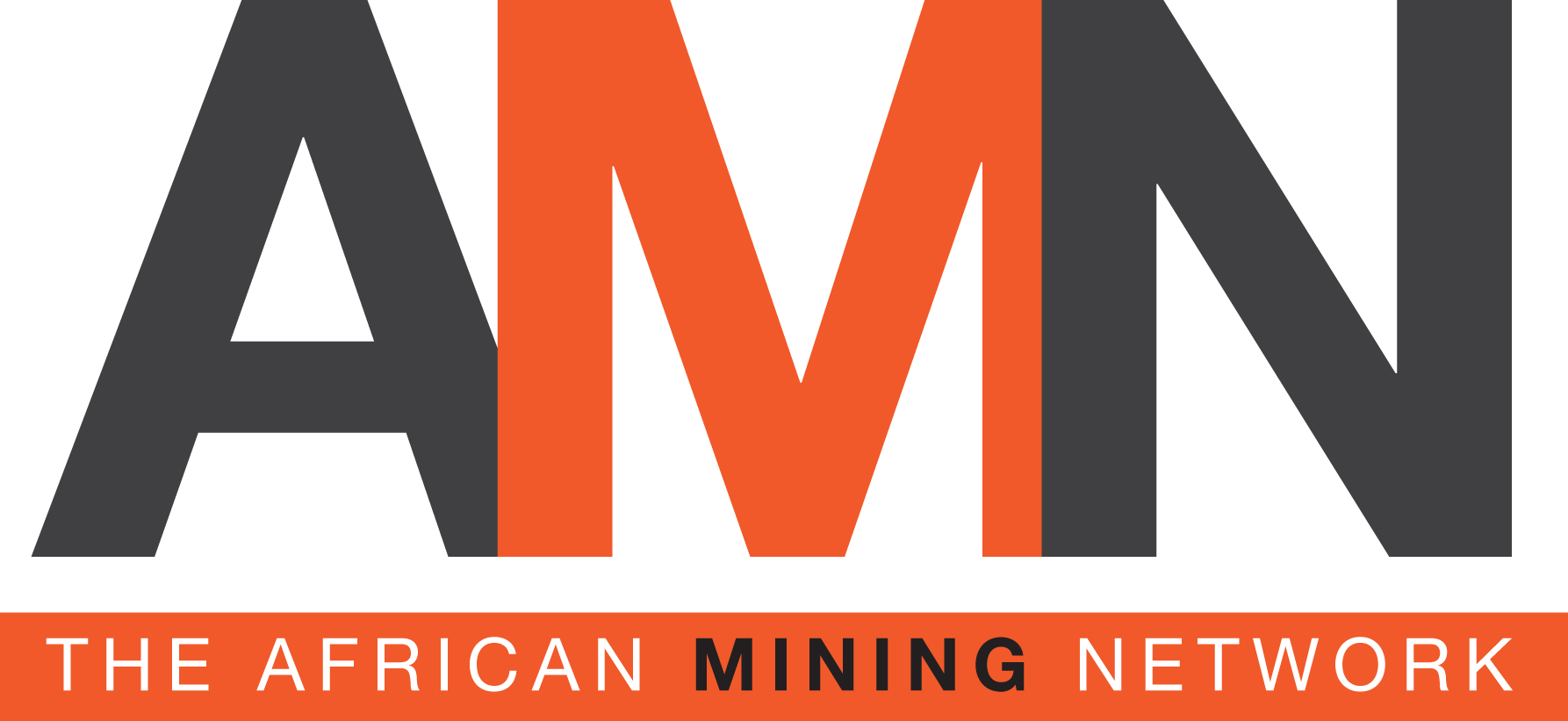- Yolanda Torrisi
- +61 412 261 870
- yolanda@yolandatorrisi.com
- Nina van Wyk
- +27 82 926 3882
- nina@africanminingnetwork.com
![]()
The lives of people living in countries with mining-dependent economies have, on average, improved faster in the past 20 years than the lives of people in other countries, according to an International Council of Mining and Metals (ICMM) report.
The ICMM ‘Social progress in mining-dependent countries’ report finds that most of those countries significantly improved their social performance over the 20 years leading up to the launch of the goals in 2015. The ICMM used the United Nations Sustainable Development Goals (SDGs) to determine social progress in mining-dependent countries.
People in the 25 countries considered mining-dependent are now generally healthier, better educated and enjoy improved access to affordable and clean energy, water and sanitation, ICMM said. They also enjoyed access to telecommunications and financial services.
The report showed that people living in these countries were better off in absolute terms and that they outperformed countries that were not resource dependent.
ICMM COO Aidan Davy said: “ICMM’s experience is that, when we mine with principles, our industry can be a major development driver in some of the world’s poorest countries.
He added that this report challenged the widely held perception that an abundance of mineral resources impeded economic and social progress. Instead, the evidence suggested that social progress in mining-dependent countries over the past 20 years had been stronger than in other countries.
“This report will help sharpen the debate about the potential development contribution of mining within the international development community.”
The report also cautioned against attributing causality between the prevalence of mining alone and observed social progress stating that there are other factors at play. These include government capacity and policies, quality of governance, economic activity in other sectors, and the effectiveness of social programs run by the government, the private sector and non-profit organisations.
The ICMM report reaffirmed the potentially important contribution the mining sector could make to shaping social progress.
The observed gaps in the social performance of mining-dependent countries could also help mining companies and other stakeholders identify priorities for engaging in productive partnerships with host governments, communities and civil society.
Of the 25 mining-dependent countries, 21 are closing the gap on the best-performing countries. The Central African Republic, the Democratic Republic of Congo, Zambia and Namibia, while making progress in absolute terms, are falling behind relative to the world’s best performers in terms of social progress.
Overall, mining-dependent countries improved on more than 78% of over 30 metrics that link to 11 of the SDGs, although results were uneven.
The report looked at the regional level in four countries: Chile, Ghana, Indonesia and Peru, and revealed that social progress at a sub-national level has been widespread. In absolute terms, mining-dependent regions advanced on 75% of social progress indicators.
The gap between mining-dependent and the best performing regions narrowed in all four of these countries. In Ghana, both mining-dependent regions closed the gap on best-performing regions, while 93% of Peru’s and 80% of Chile’s and Indonesia’s mining-dependent regions made similar strides.
Yolanda Torrisi is Chairperson of The African Mining Network and comments on African mining issues and the growing global interest in the continent. Contact:yolanda@yolandatorrisi.com

